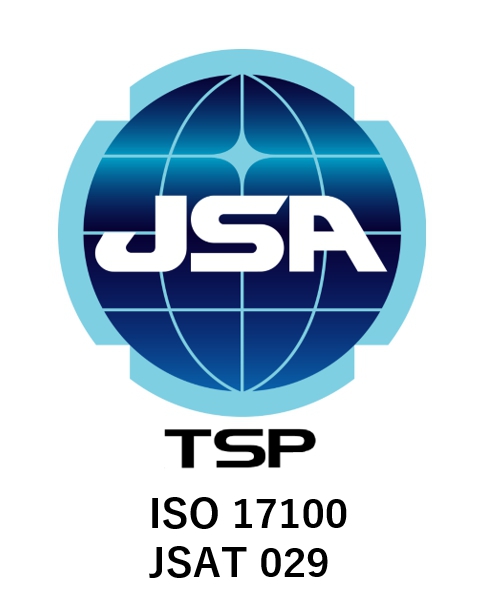Features
- Creation of Manuals and User Guides
- Features
Reasons why many companies, especially large global enterprises, choose us
Human Science has been supporting the production of extensive manuals primarily in the manufacturing and IT industries since 1985.
The clients we support are mainly well-known large and global companies.
Here, we will introduce the reasons why Human Science is chosen.
1. Support from consultants who are well-versed in the key points of manual production
At first glance, creating manuals in-house may seem feasible, but the process involves a lot of hard work, such as identifying the target audience, anticipating various branching points, and considering solutions to address them, until completion.
Additionally, there is the risk that the manuals created in-house may not be used.
To prevent such situations, our company employs specialized consultants who conduct thorough interviews regarding the manual's subject. Our seasoned consultants will help standardize your business operations.
Consultant Introduction
-
 Technical Writer and
Technical Writer and
Consultant with 20 years of experience
Hitoshi Yasuoka
-
 Technical Writer and
Technical Writer and
Consultant with 16 years of experience
Kaori Horikoshi
-
 Japanese-English and Multilingual Translation Coordinator and
Japanese-English and Multilingual Translation Coordinator and
Consultant
Yuriko Sawada
2. Utilization of GitHub and other new technologies to
shorten development times and reduce communication costs

At Human Science, we create manuals using not only the common tools, like PowerPoint and Word, but we have established manual creation methods that utilize the latest technologies from overseas, such as GitHub, CMS, wikiworks, and Confluence.
By utilizing these new technologies, we are able to reduce communication costs and shorten the time needed to complete manuals.
3. Global support in 50 languages
Human Science has provided document translation services for leading global companies such as Apple, Microsoft, HP, and Oracle.
Utilizing our expertise, we have confidence in our localization of manuals.
| Japanese | |
| English (US, UK, Australian) | |
| Asian languages | Chinese (simplified/traditional), Korean, Thai, Lao, Malay, Vietnamese, Burmese, Tagalog, Indonesian, Turkish, Hindi, Kazakh |
| Western languages | French, Italian, German, Spanish, Iberian Portuguese, Dutch, Greek |
| Eastern European languages | Czech, Polish, Russian, Romanian, Bulgarian, Hungarian, Slovenian, Slovak, Estonian, Ukrainian, Lithuanian, Latvian, Belarusian, Georgian, Bosnian, Croatian, Serbian, Armenian, Macedonian |
| Nordic languages | Swedish・Finnish・Norwegian・Danish |
| Middle Eastern Languages | Arabic・Hebrew |
| North American Languages | Canadian French |
| South American Languages | Brazilian Portuguese・Latin Spanish・Mexican Spanish |







